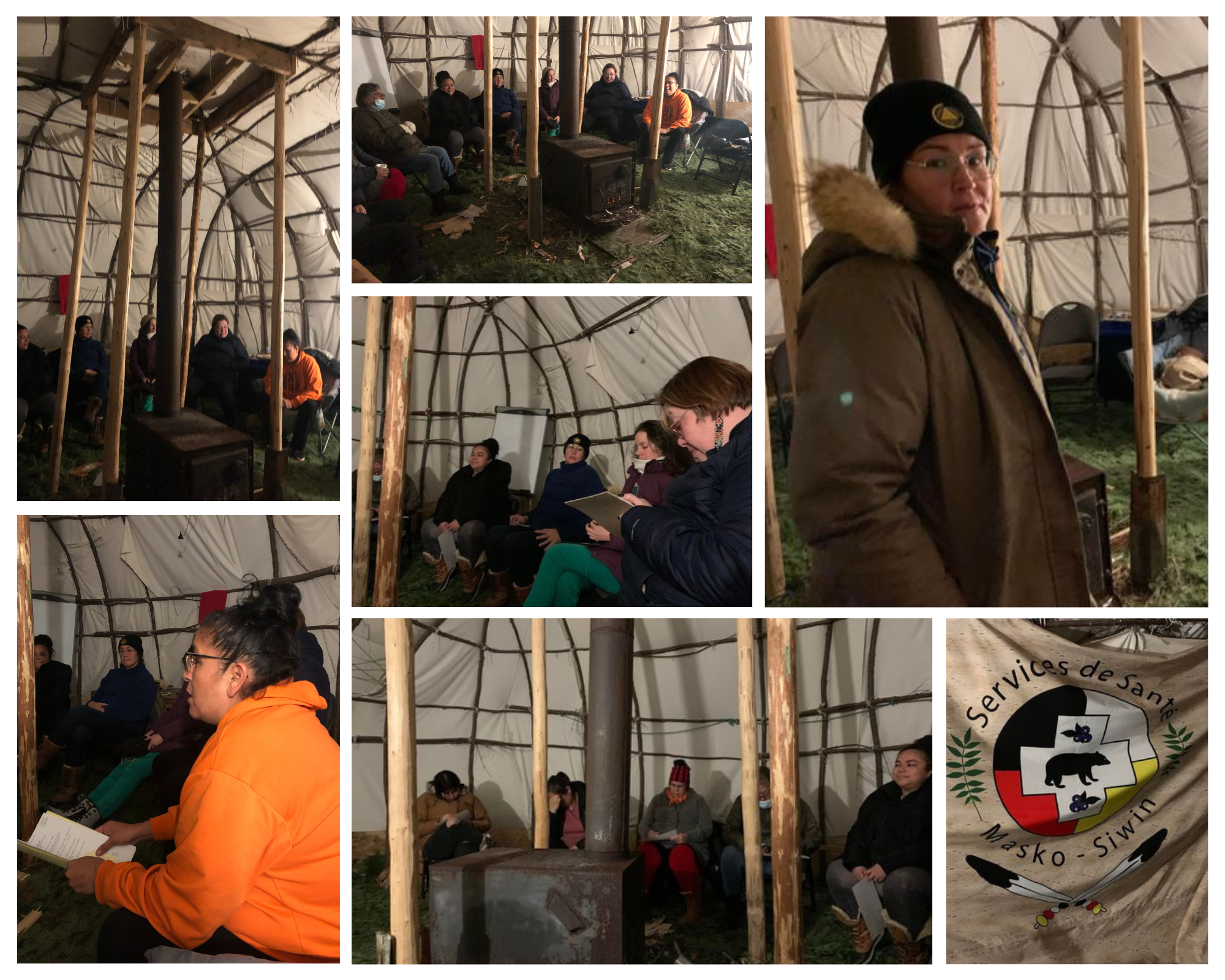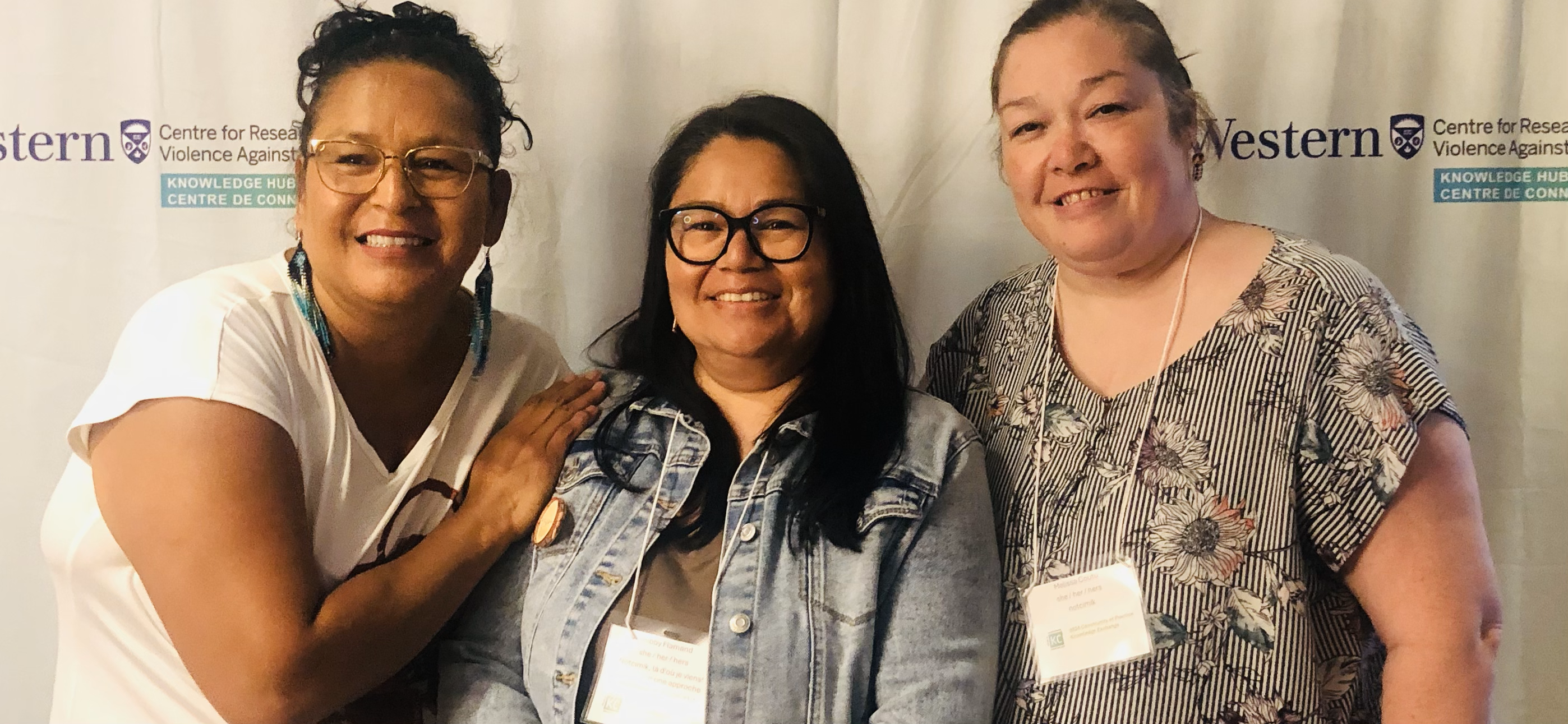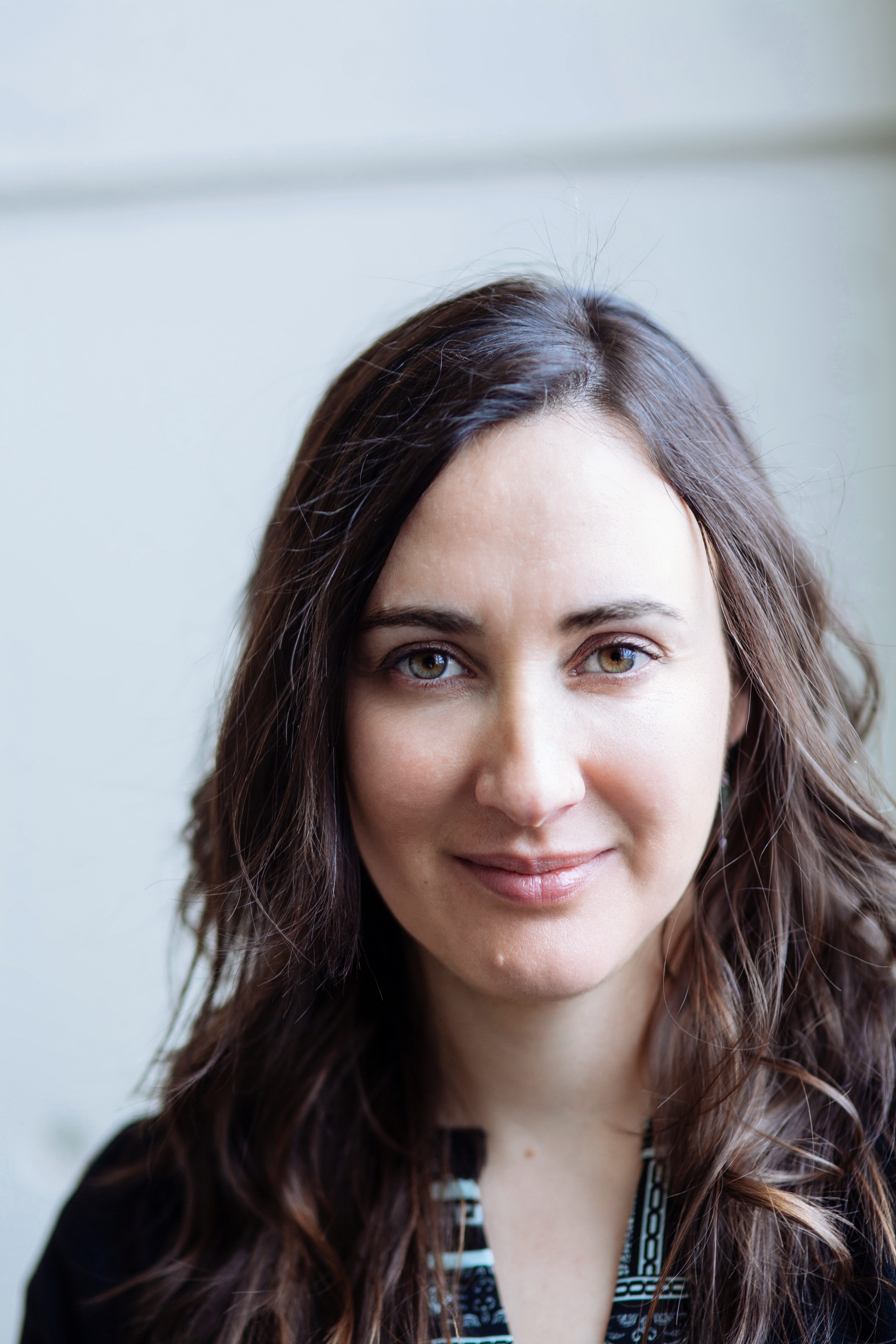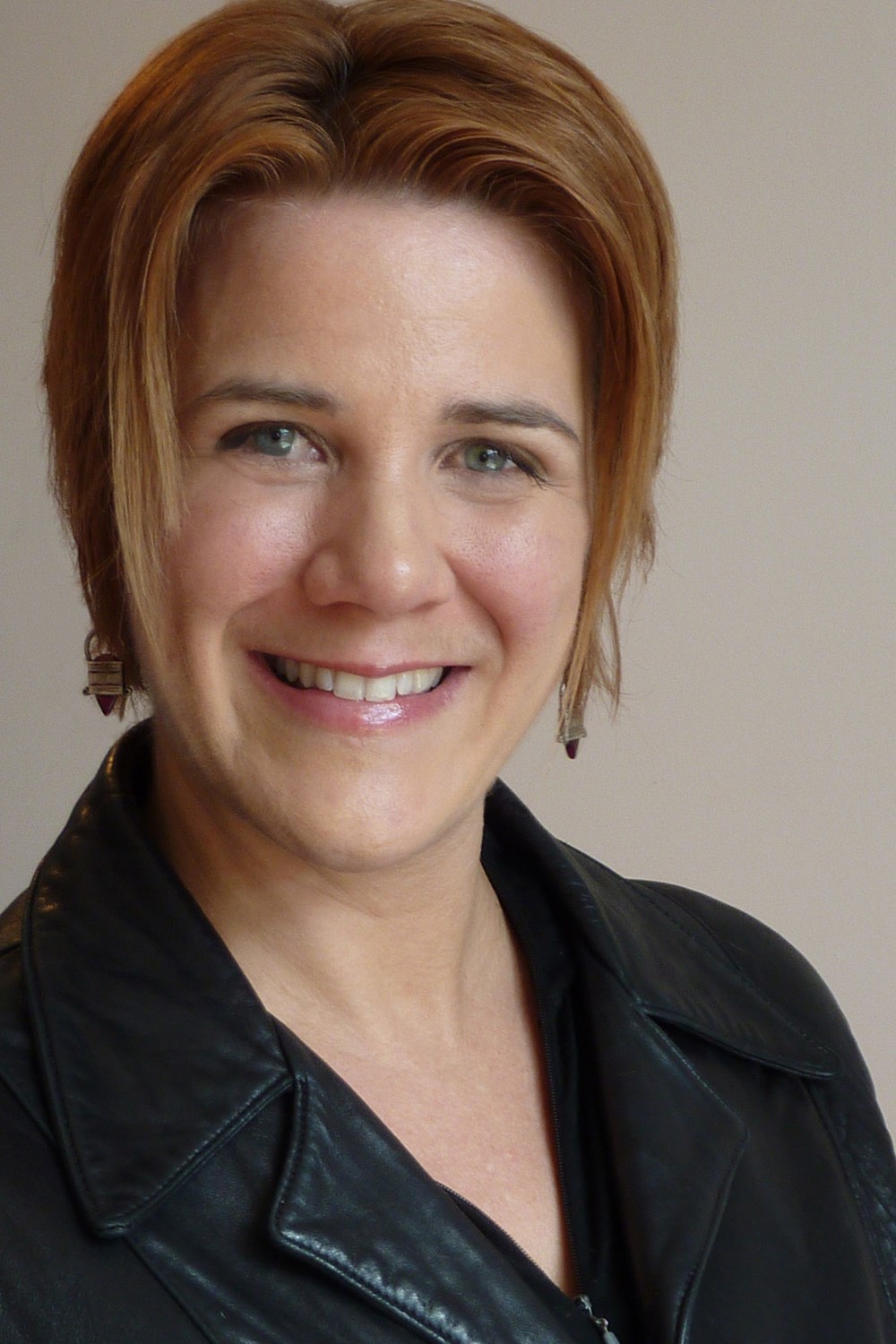Kaskinomatasowin : prévention et sensibilisation en matière de violence sexuelle
The main aim of the Kaskinomatasowin (transmitting through culture) community intervention program is to prevent sexual violence among young people in Atikamekw Indigenous communities. The project is carried out by a research and intervention team from the Université du Québec à Chicoutimi (UQAC) and the Conseil de la Nation Atikamekw (CNA), our main Indigenous partner.
Specific objectives :

Alice Échaquan, a community worker in sexual violence delegated by the CNA, is an integral part of the research team and provides leadership in the field. In particular, she contributes to participant recruitment, the development of interview frameworks, the facilitation of sharing circles and focus groups, the approval of results drawn from the needs analysis, the community intervention plan and the development of dissemination networks (knowledge mobilization).
CO-CONSTRUCTION APPROACH AND PRELIMINARY RESULTS
Overall, the co-construction exercise carried out with our Indigneous partner since the early days of the project is leading to actions that are better aligned with the expectations of Atikamekw parents and caregivers. Several meetings (digital and face-to-face) were held to organize data collection, share preliminary results and make choices about the tools and training needed for parents and caregivers.
Data collection for the needs analysis took place between September 2022 and December 2023. A total of nine semi-structured interviews (group and individual) were conducted by Alice Échaquan. She was assisted by the researchers and/or by our partner, Jimmy Simard, from the community organization Emphase (see below in the needs analysis results).
A preliminary analysis of the interviews reveals the following THREE MAIN RESULTS in line with participants' needs.
Outcome no. 1: Strong need to share experiences before reflecting on the future: post-trauma shock must be taken into account.
Taking post-trauma shock into account was an obvious choice from the moment we entered the field. Most of the time, at the time of the first contact, the participants felt more the need to share about past experiences than to think about what could help them talk about sexuality with their youngsters.
Actions taken in response to this result :
Outcome no. 2: Include men (fathers) in parent training courses
Several health workers in the field revealed that parents are extremely hard to reach when it comes to talking about sexuality education, especially fathers. According to the mothers and elders interviewed, sex education is still taboo, and when it is discussed within the family, the role is relegated to women. However, according to our partners, men are important players to reach in the community intervention plan. It's important to involve them in the process to better understand their disengagement from their children's sexuality education, and also to better understand their aspirations and dreams for the future generations.
Actions taken in response to this result:
- Addition of a new partner specializing in men to reach fathers: Emphase, an organization for men sexually abused as children.
- Added sharing circles with men to learn more about their experiences. Jimmy Simard of Emphase is no stranger to Indigenous communities and is helping to create new connections with fathers. He co-facilitated two sharing circles dedicated to men, in addition to interviewing elders with Alice.
- Upcoming: Co-construction of a video tool to raise awareness of the reality and roles of fathers in the sexual education of young people.
As a follow-up to our analysis of men's specific needs, we felt it would be a good idea to produce a documentary video to raise community awareness of their different realities. Unfortunately, according to the data we gathered, men are too often stigmatized as "aggressors" or "unfit" to educate their children. The latter want to feel valued and become "players in their own right" by becoming "good role models for healthy living". Many mention that they would like to avoid being seen as "victims" or "aggressors". They say they want to reconnect with their Indigenous identity, to return to their roots and embrace a life more inspired by ancestral traditions.
Outcome no. 3: Educate parents about the psychosexual development of 3- to 17-year-olds (parenting skills workshops)
The mothers and grandmothers we met need to know more about the different stages of their children's psychosexual development to feel more comfortable talking about it. Many cite visual aids with few words as being better adapted to their culture.
Actions in progress and to be carried out in response to this result (year 3):
- Design a timeline on the psychosexual development of young people aged 3 to 17 + with pictograms (images illustrating the scenarios). The content has been developed, but the "container" still needs to be finalized.
- Involve more people from the community in the process (promoting native know-how and the Atikamekw approach).
- Consider the idea of using technology to train parents - we're currently evaluating the possibility of drawing inspiration from the Connected Parents program (part of the Knowledge Hub) - for online and text messaging.
Action(s) to network and promote Indigenous knowledge
Alice Échaquan and two other Atikamekw collaborators (Mélissa Coutu and Debbie Flamand) joined the UQAC project manager to attend the June 2024 Knowledge Hub in Montreal. They presented their indigenous practices and know-how. They showcased their approaches and methods and learned more about the resources and programs deployed in other practice environments.

Community of Practice members:
Jacinthe Dion

Jacinthe Dion, PhD, is a full professor in psychology at the Department of Health Sciences of the Université du Québec à Chicoutimi (UQAC). She is co-holder of the VISAJ research chair on the Life and Health of Youth and a member of the steering committee of CRIPCAS (Centre de Recherche Interdisciplinaire sur les Problèmes Conjugaux et les Agressions Sexuelles) (English title: The Interdisciplinary Research Centre on Intimate Relationship Problems and Sexual Abuse). Dr. Dion has directed more than 20 projects funded by major granting agencies and published more than 120 scientific articles and book chapters. Her experience as a clinical psychologist has strongly influenced her desire to focus on the strengths and coping skills of youth and their families. She has developed collaborative approaches involving diverse partners and communities in the research process, recognizing the unique strengths that each brings to the projects being conducted. Her work includes documenting risk and protective factors related to psychosocial adjustment among victims of sexual violence and the implementation of intervention and prevention strategies with Aboriginal peoples.
Mireille Hebert

I work at UQAC on knowledge mobilization projects with Aboriginal communities (Atikamekw and Innu) that aim to prevent sexual violence experienced by youth.
I am a PhD student in urban sociology at INRS (Institut National de la Recherche Scientifique) since 2018. I have a master's degree in social communication (psychosociology) (2019) and a Bachelor's degree in Business Administration (2012) at UQAM.
After my career as a video documentarian (1991 to 2001), I collaborated in the development of several knowledge mobilization projects as a project manager (2001 to 2018). These projects were produced, among others, for the Service aux collectivités de l'UQAM (Université du Québec à Montréal), intersectoral youth tables and women's groups. In particular, I have coordinated intersectoral teams (researchers and practitioners) in the development of training, prevention and psychosocial intervention programs for youth and women in specific situations. Among these situations are: the affiliation of youth to street gangs and of teenagers to sexual exploitation networks; love and sexual violence; the valorization of elderly women; citizen involvement and domestic violence in Aboriginal communities.
